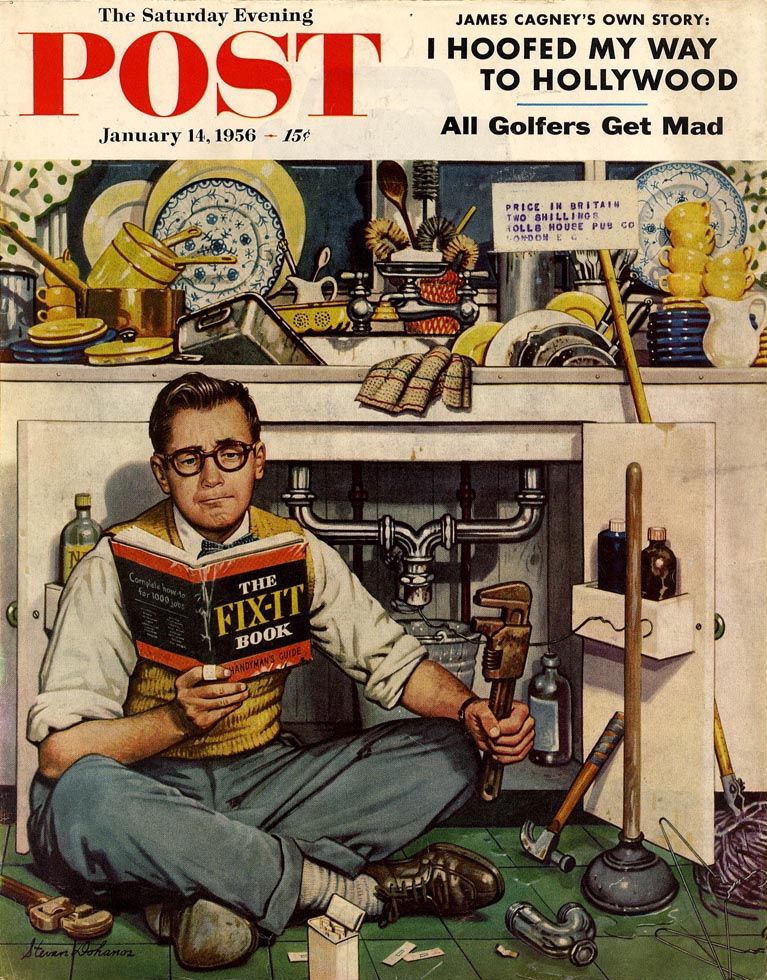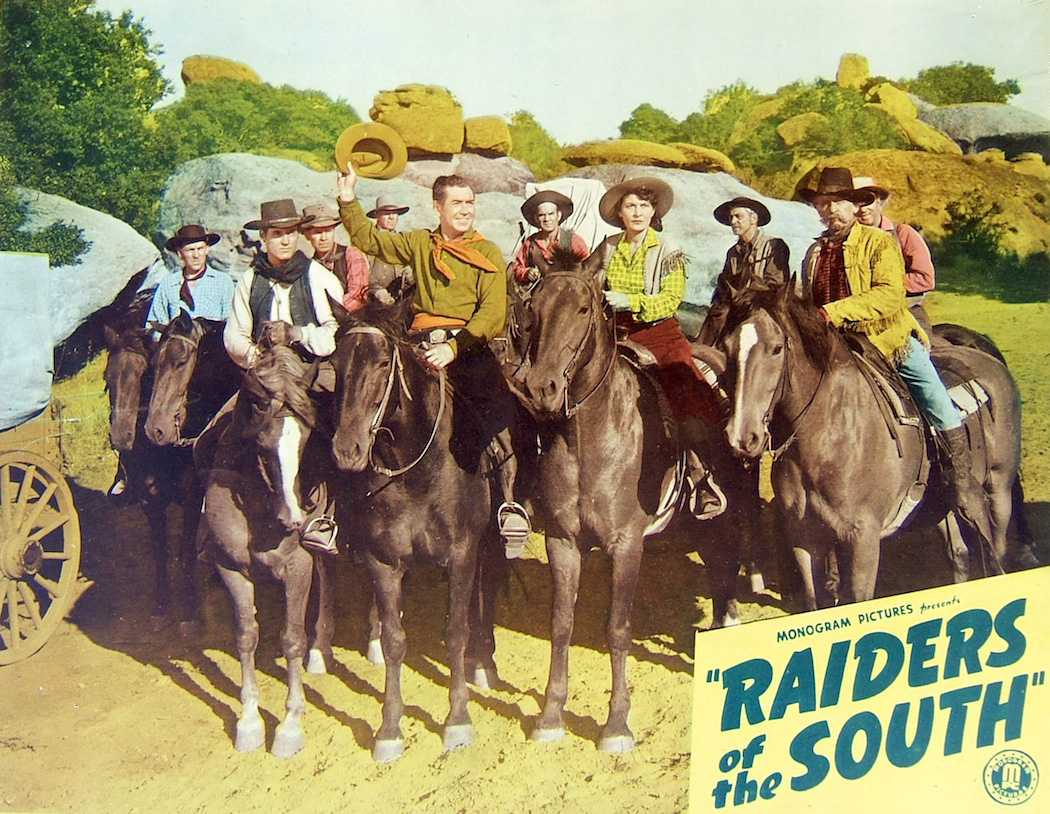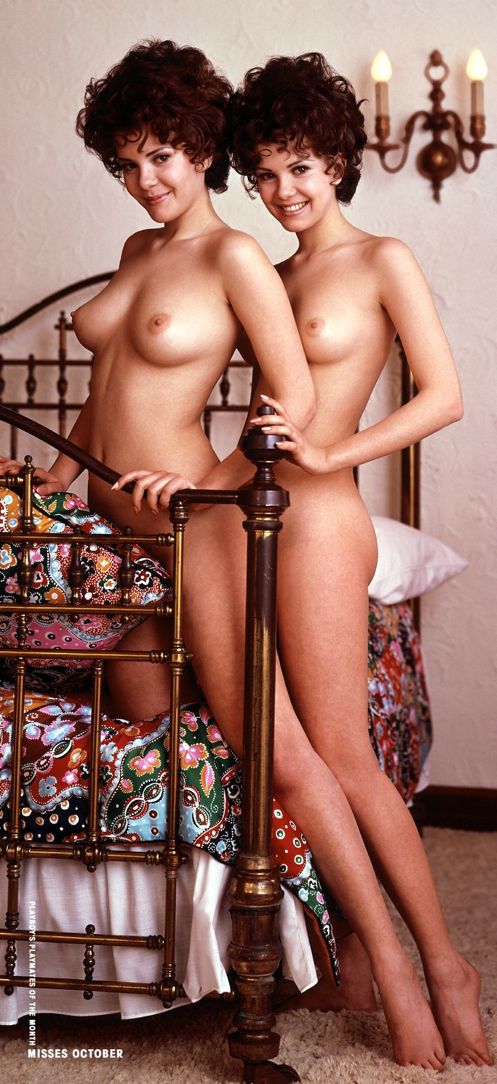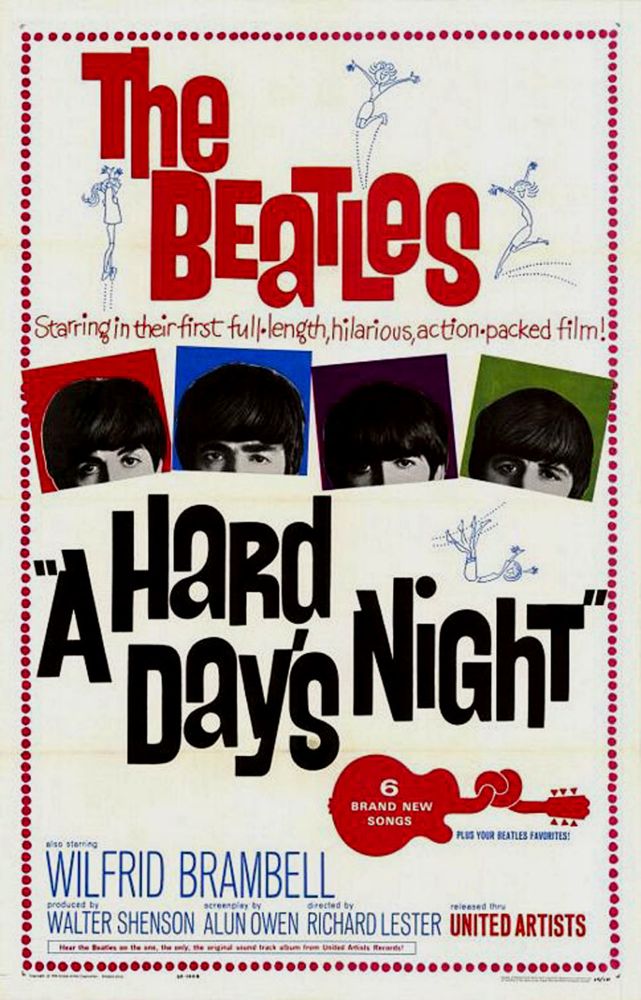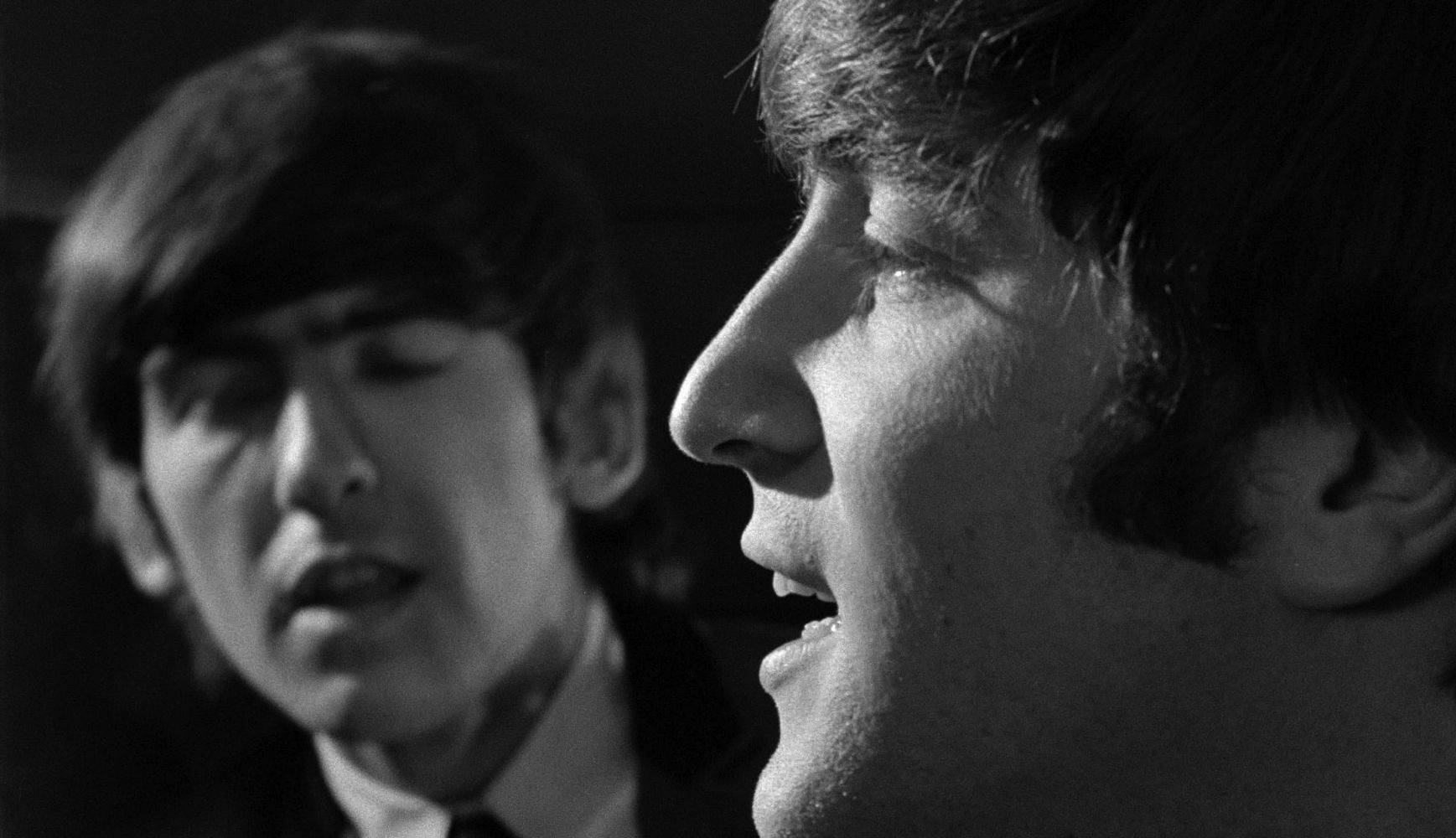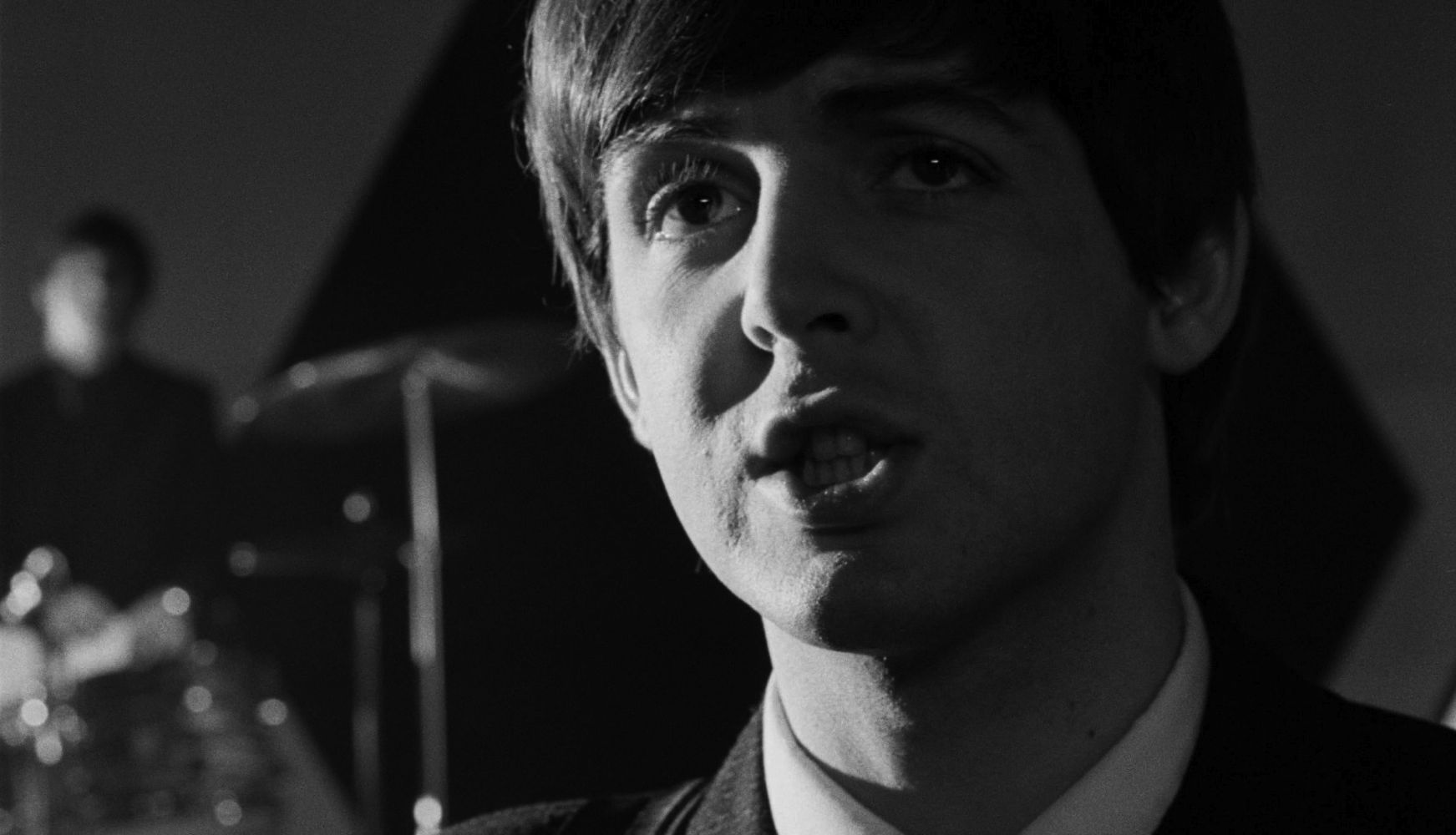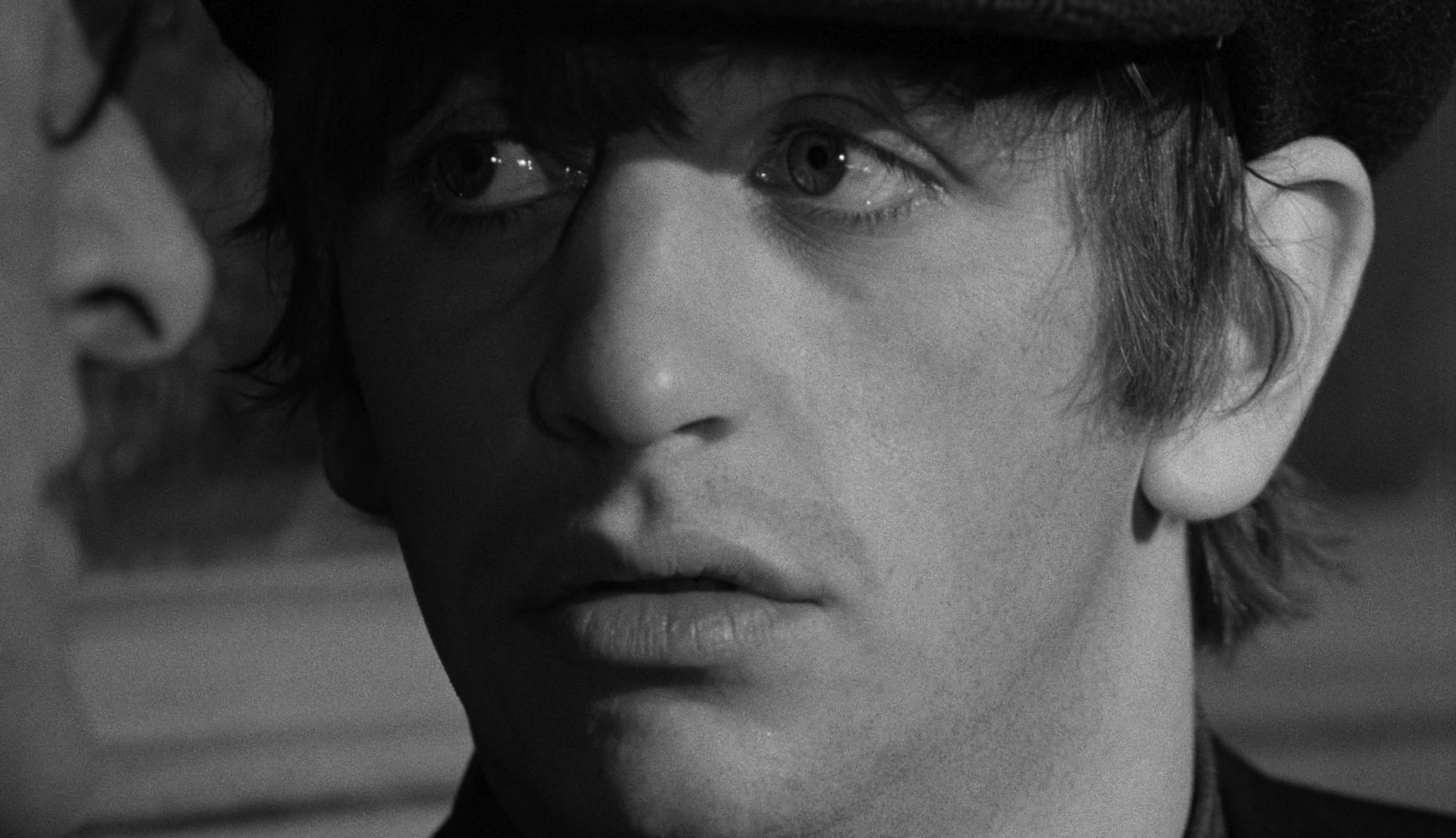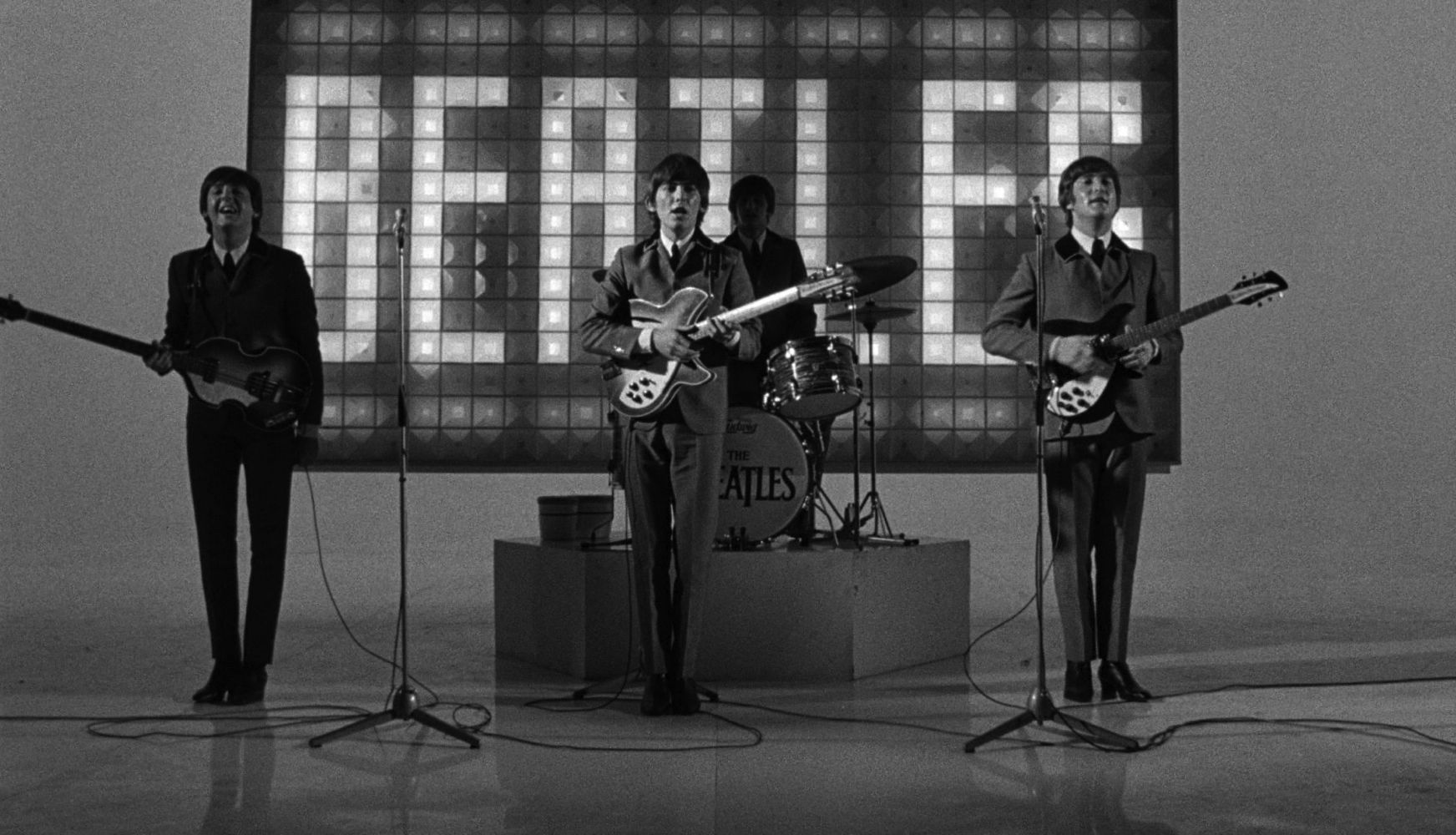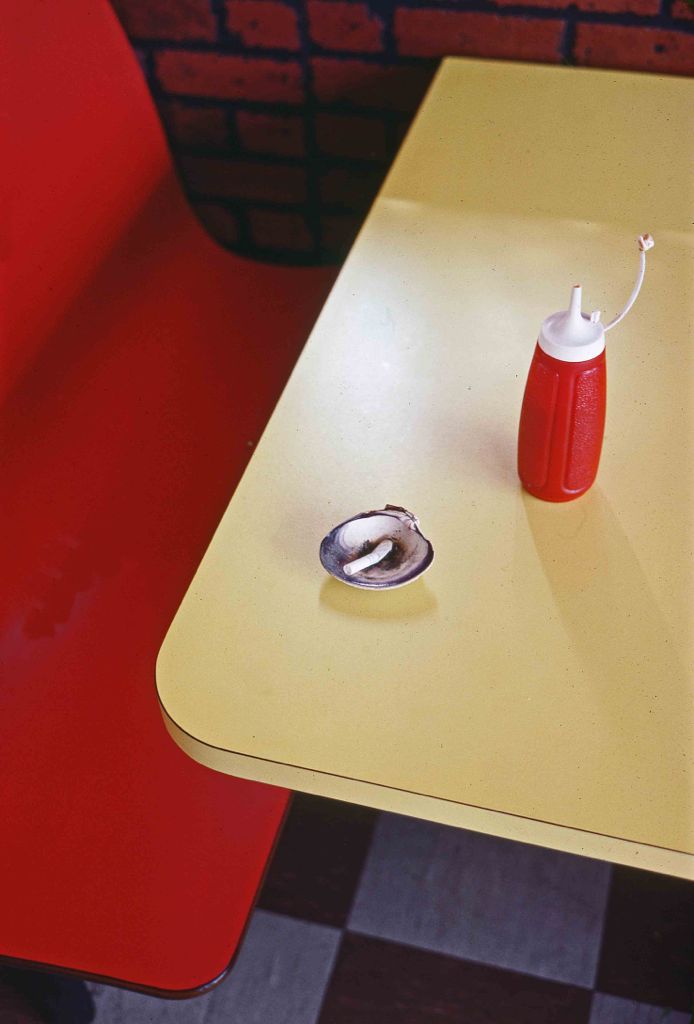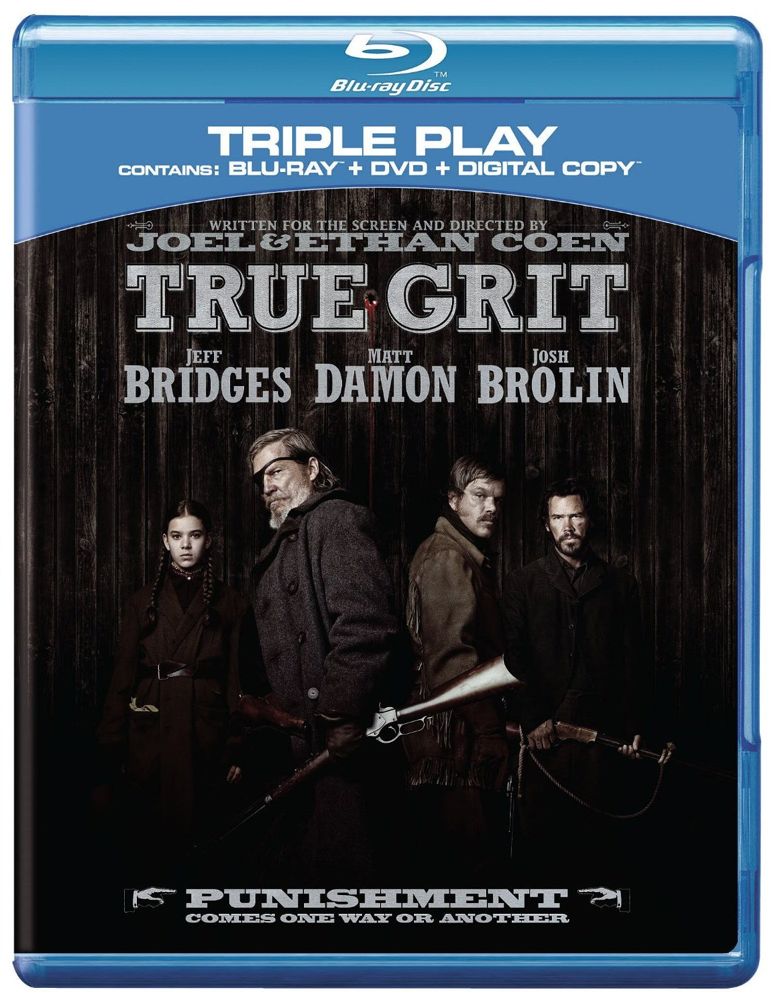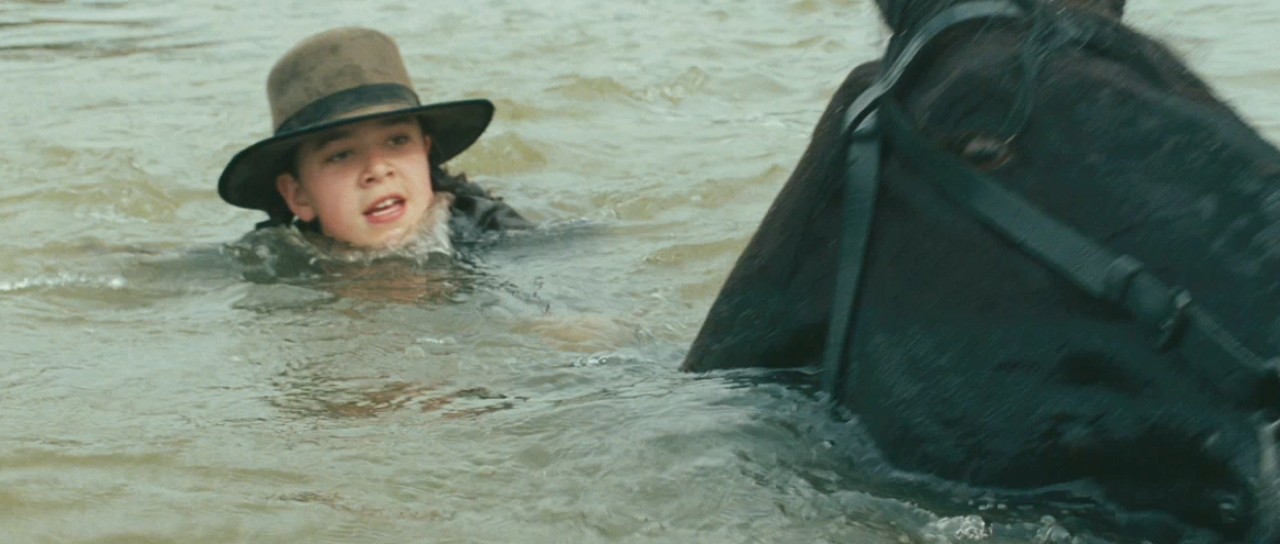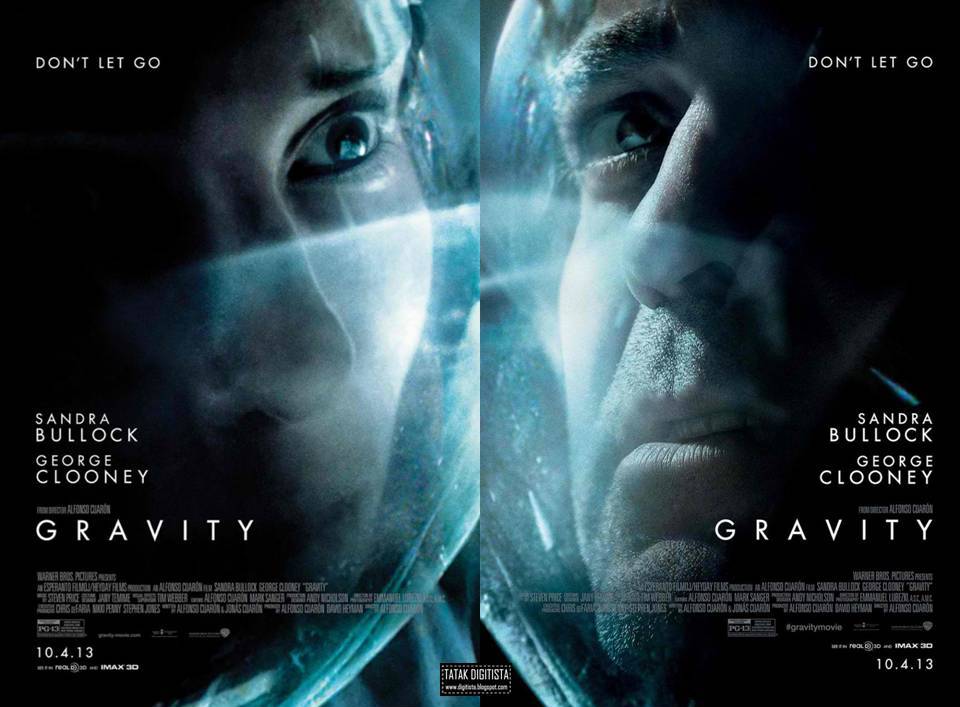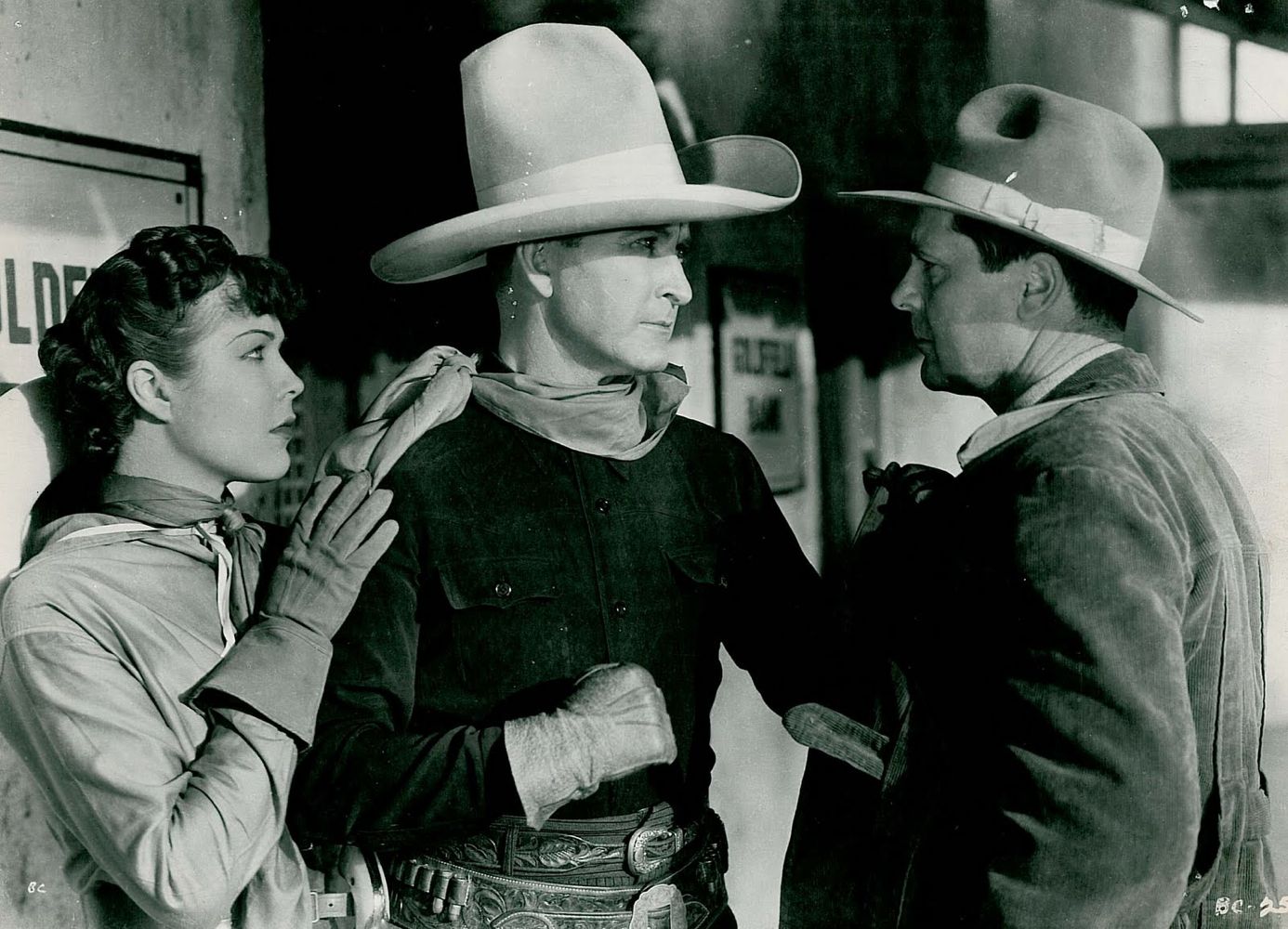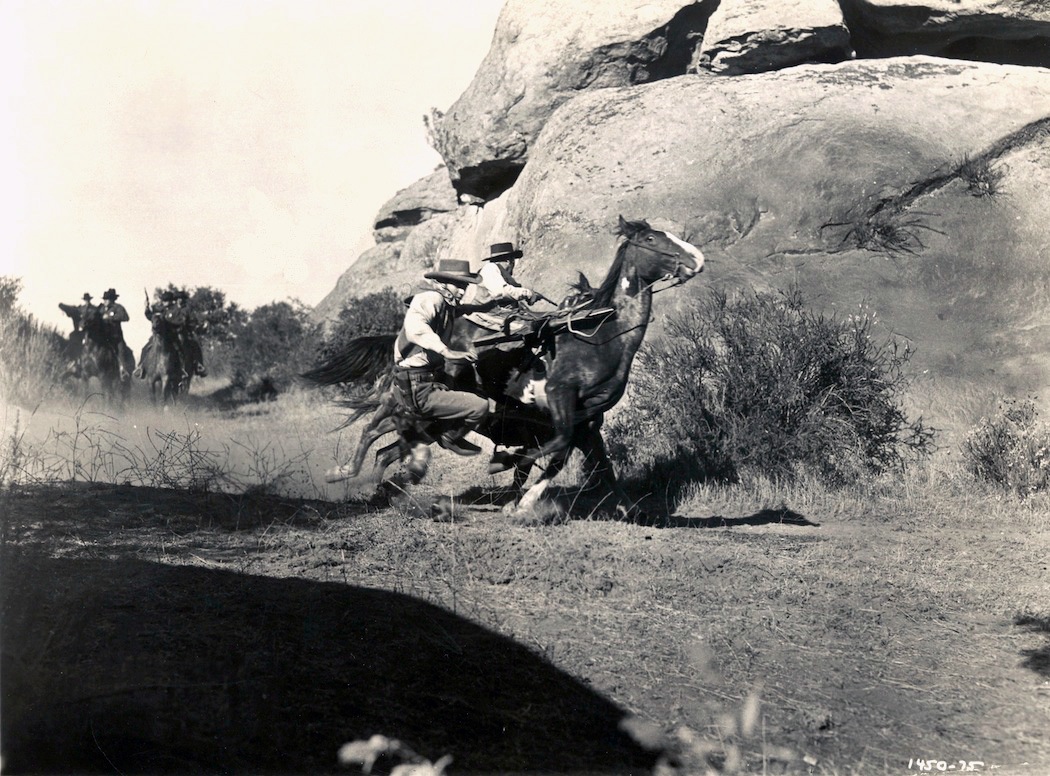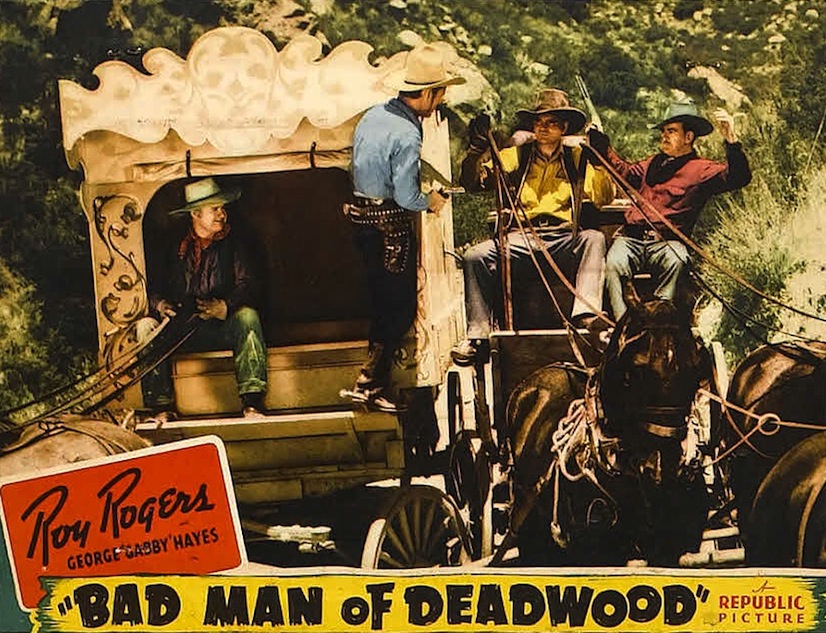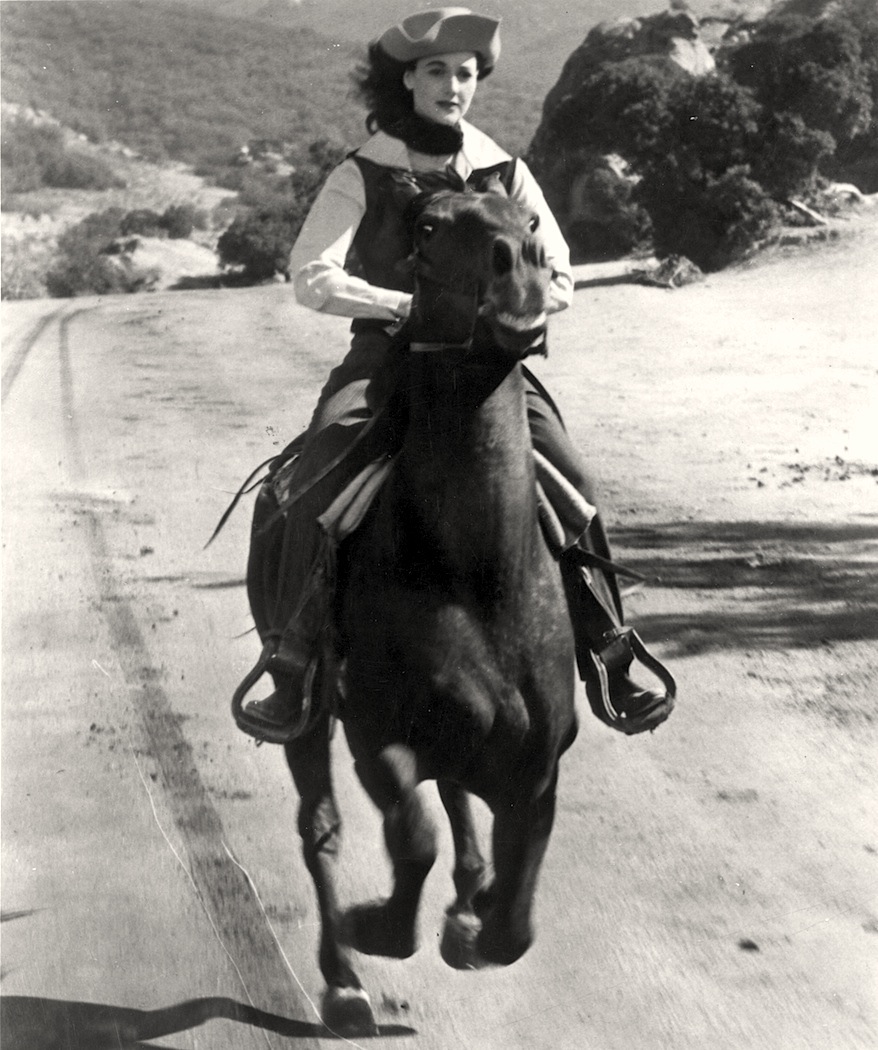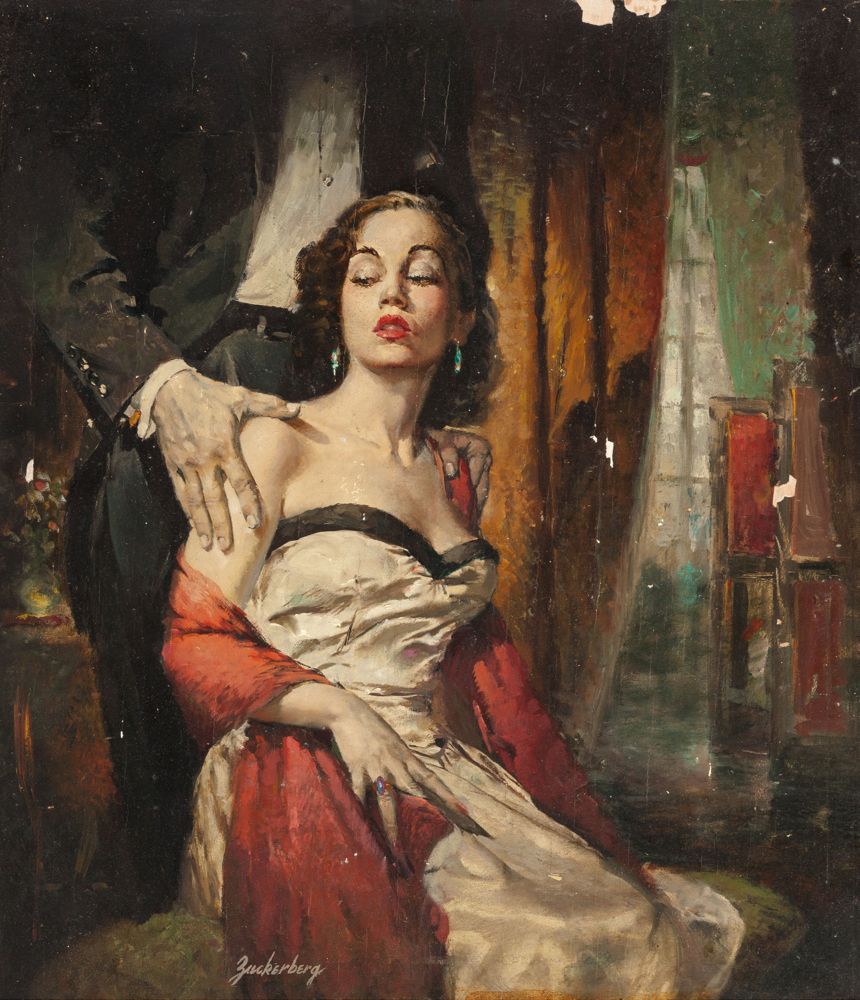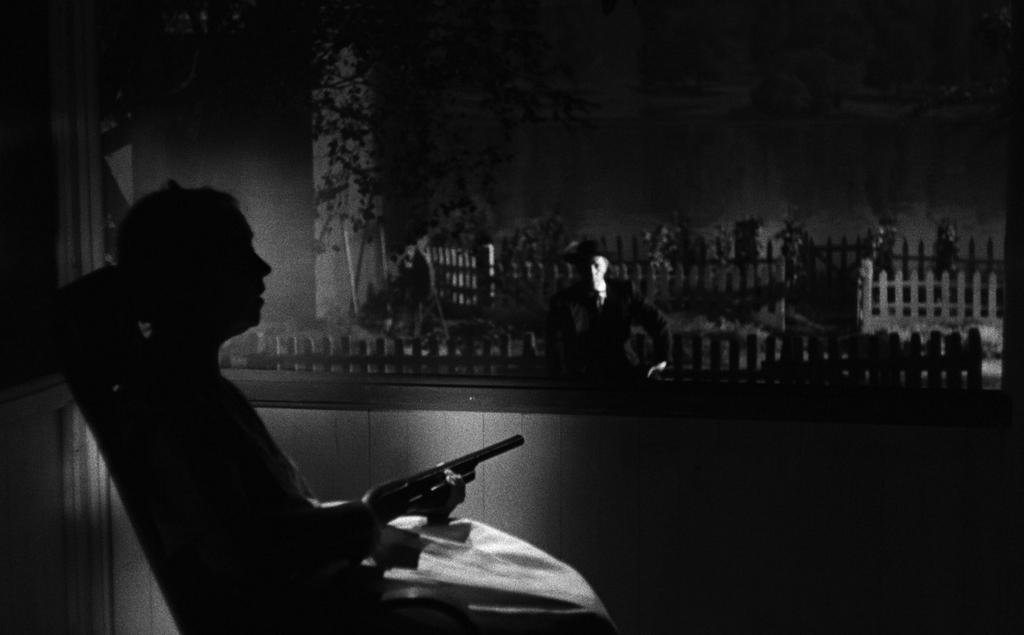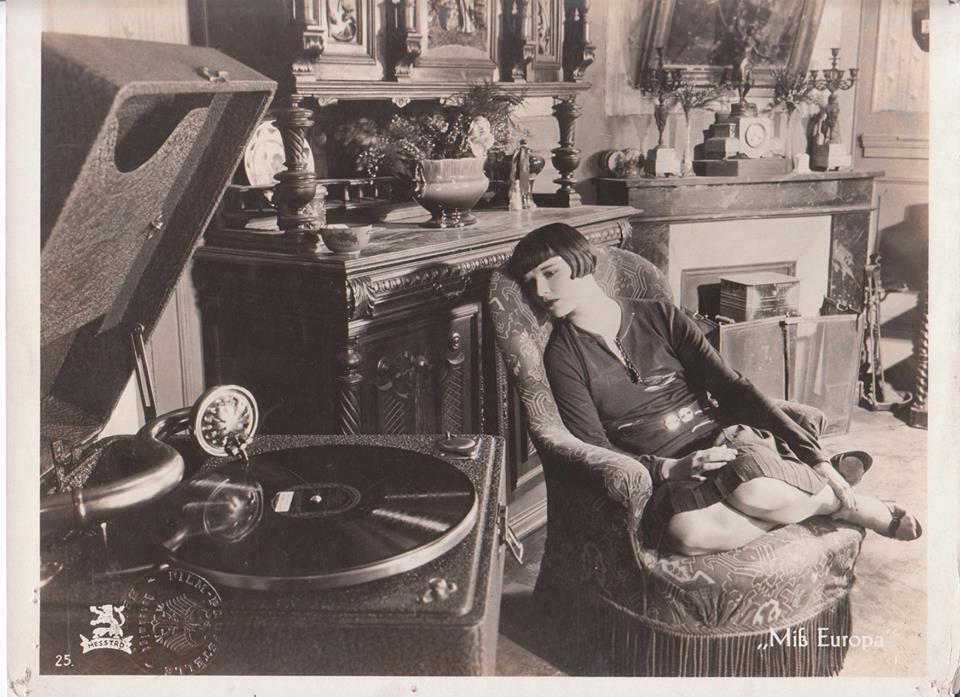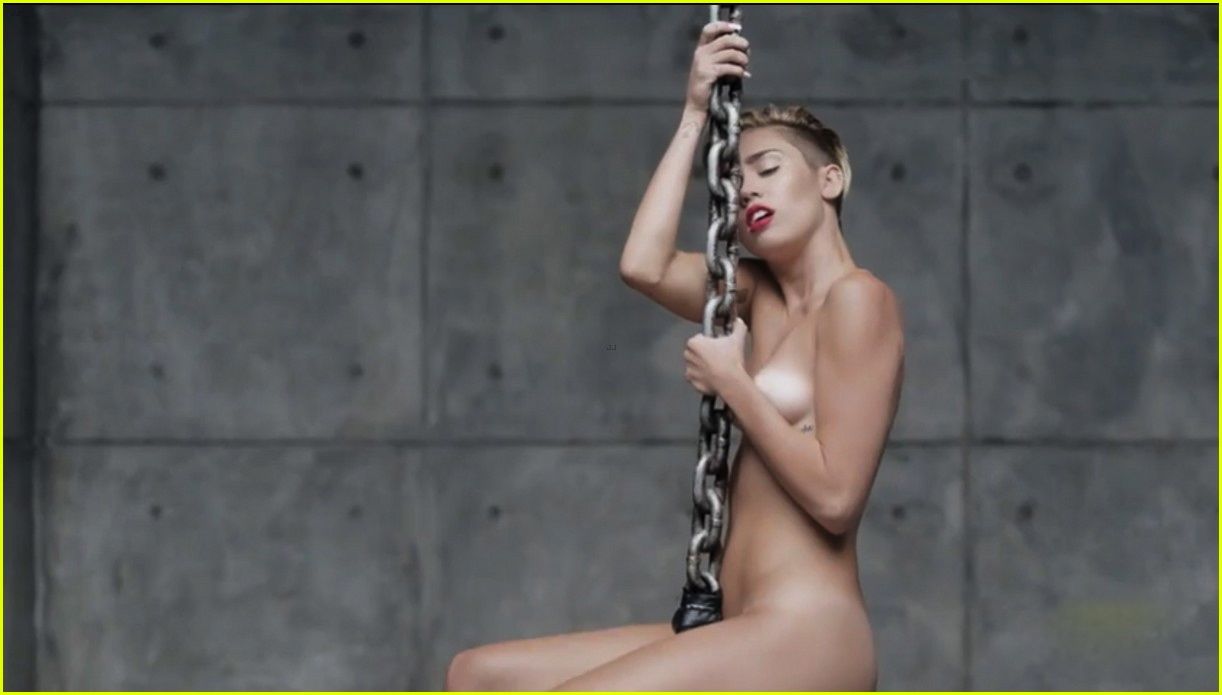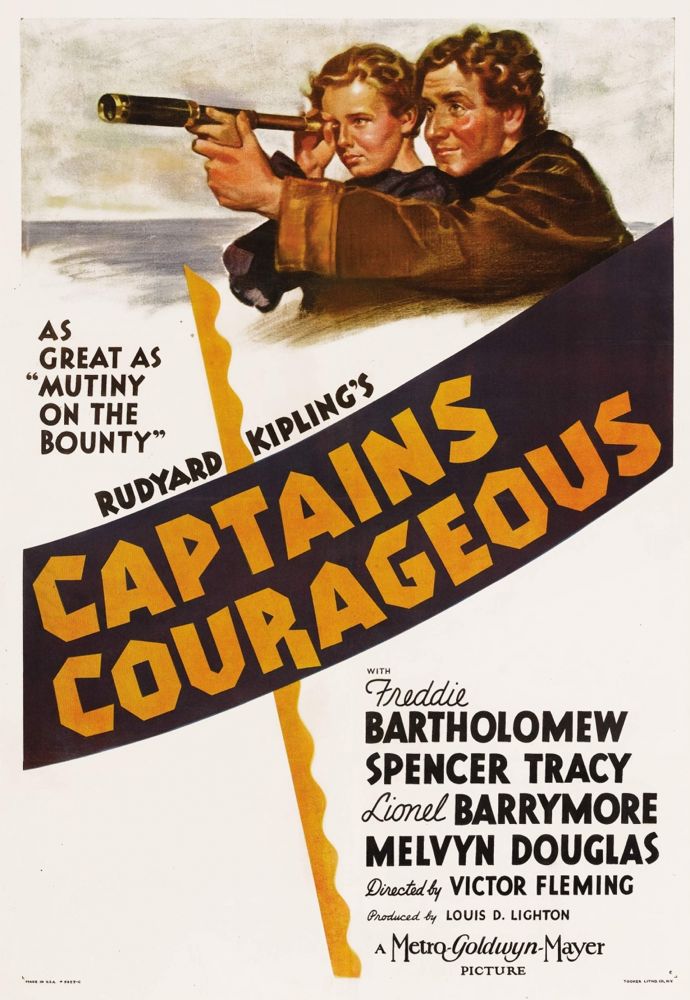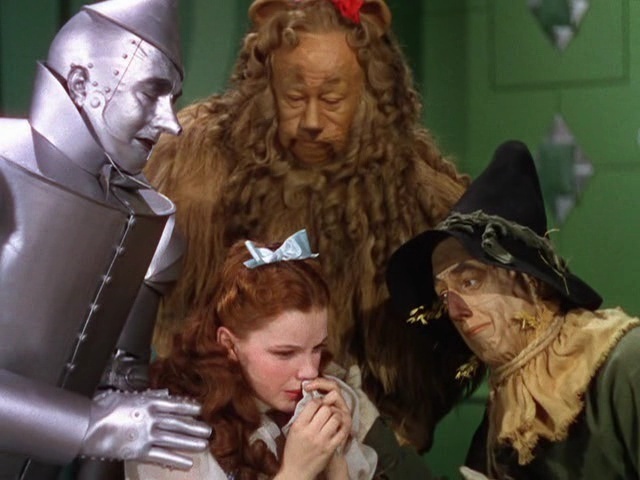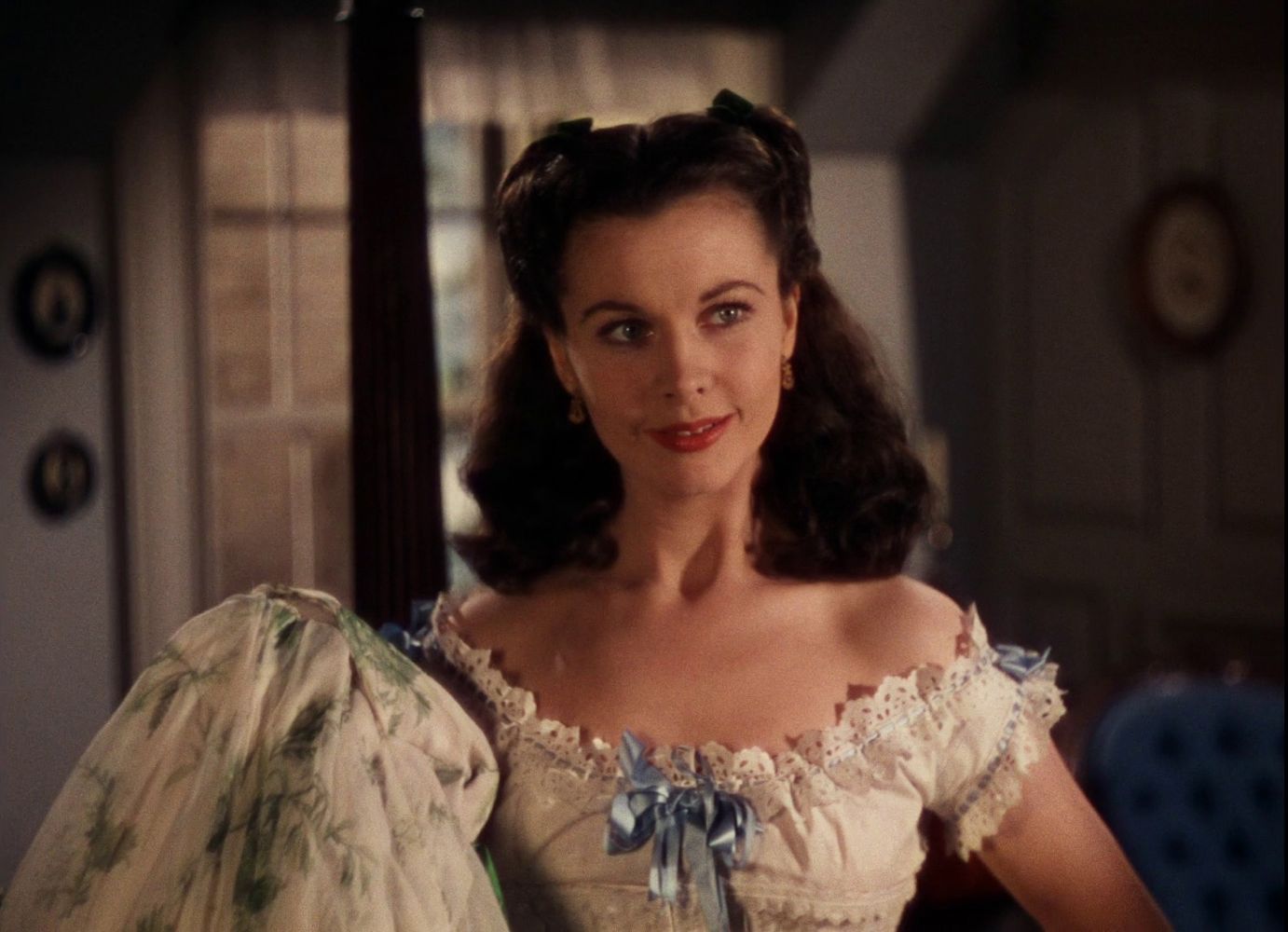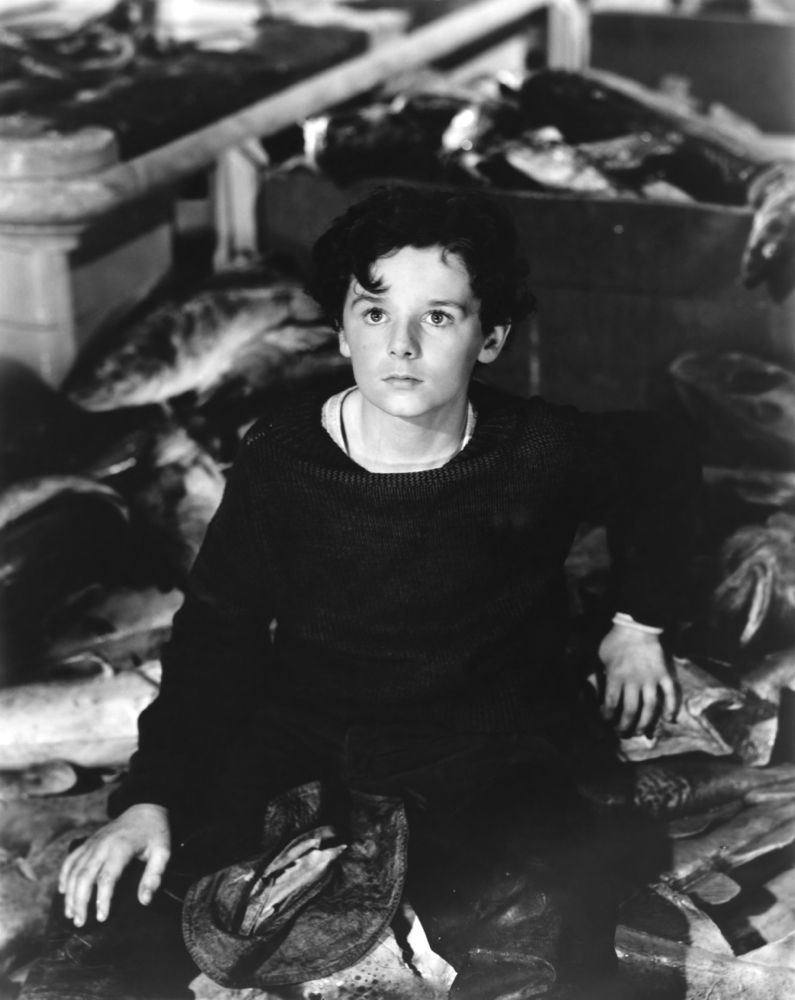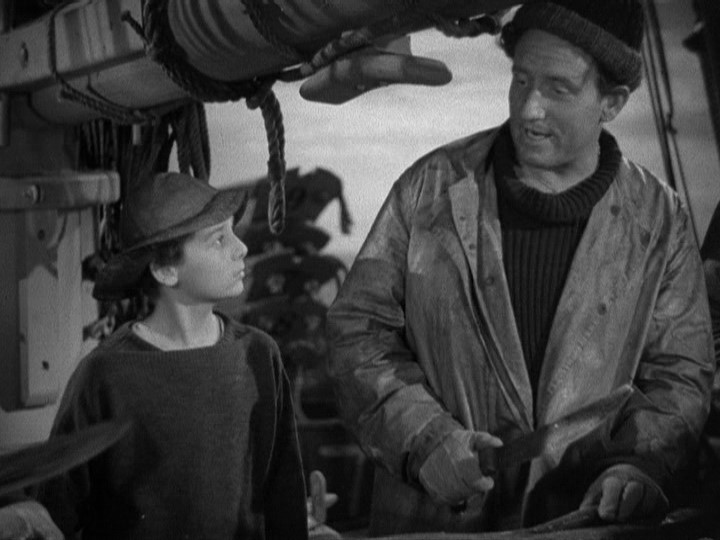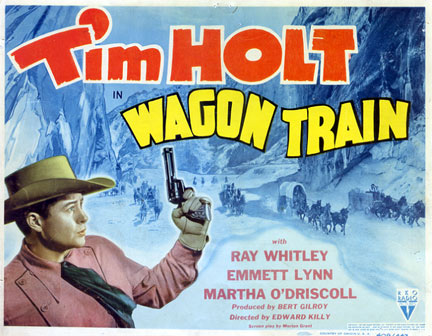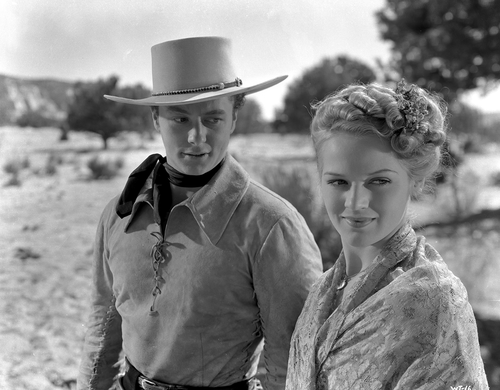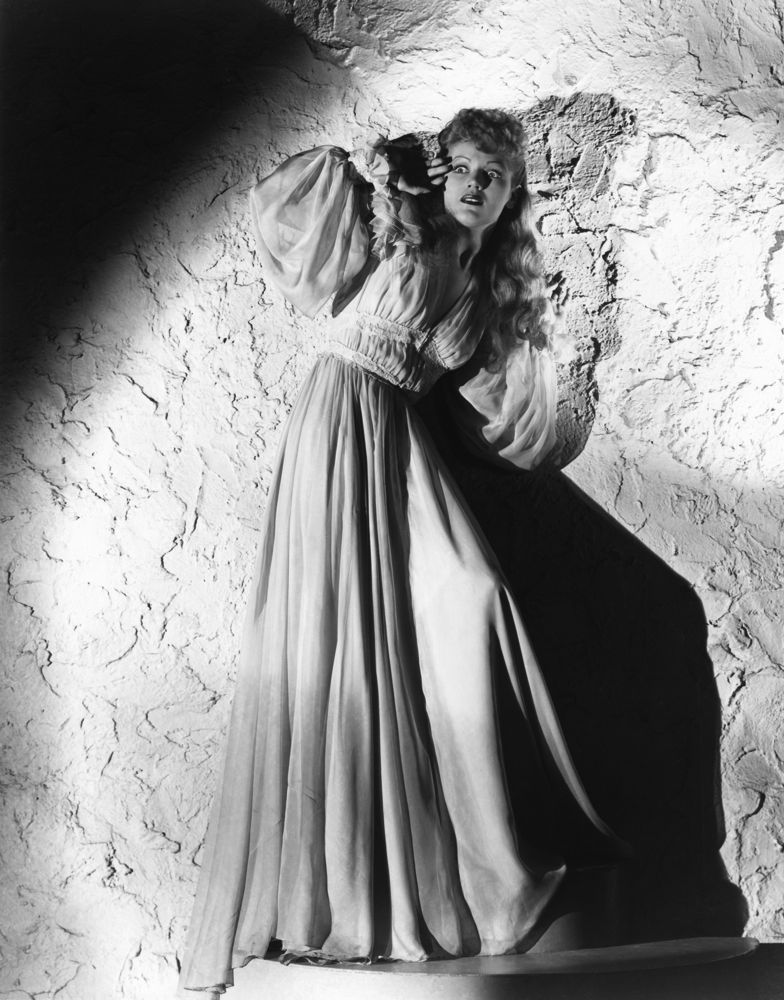Click on the image to enlarge.
A B-WESTERN LOBBY CARD FOR TODAY
TWO PLAYMATES FOR TODAY
A HARD DAY’S NIGHT
The reputation of A Hard Day’s Night gained a lot from the film’s being better than it had any right or reason to be. Made quickly on a relatively modest budget, it was designed to cash in on the astonishing worldwide popularity of The Beatles. It would have served its commercial purposes adequately by being a bit of mediocre pop fluff. Instead, it was a bit of superior pop fluff.
A faux documentary about a day in the life of the lads, it seamlessly incorporated surreal images and transitions, varied and innovative presentations of the musical numbers, daffy Goon-Show humor, and social satire. In the process it captured the high spirits and self-mocking attitude of The Beatles themselves, making it a perfect setting for their joyful and expertly crafted songs, which were really the point of the whole exercise.
The Beatles on screen were sometimes quite skillful comedians, sometimes awkward and amateurish, like kids showing off in home movies. It’s fascinating to watch them in either mode, impossibly young as they were then, the hottest act in international show business, becoming very rich, and enjoying it all as a fab lark.
It’s depressing to compare them to young musical celebrities today, with their desperate exhibitionism, their inflated sense of their own importance, their demons and their recklessness. The Beatles, partly by long experience as club musicians, partly by temperament, were already canny professionals in 1964 — brilliant musical craftsmen who took their work seriously and the brouhaha around them with a grain of salt.
In a sense, their cultural impact and almost unbelievable commercial success were what changed the business of pop music into the spangled corporate cluster-fuck it is today, but it’s hard to blame The Beatles as people for this. Through all their success they stayed relatively sane — or as sane as any twenty-somethings who suddenly found themselves sitting on top of the world could reasonably be expected to be.
Their wit and professionalism come through in A Hard Day’s Night — as does their core innocence, which mirrors the relative innocence of the culture they took by storm. As a pop artifact, the film is both moving and instructive.
And then there are the songs, which sound as fresh today as they ever have — not so much a reflection of the individual personalities of the young men who made the music as of their dedication to their craft, their irrepressible joy in their craft.
Click on the images to enlarge.
A LANGDON CLAY FOR TODAY
ESSENTIAL
The craven, dickless men who run Hollywood today have an understandable hatred of the Western, a genre which has traditionally mocked, with scorn and contempt, cowardly eunuchs like themselves. Still, it’s a hard genre to kill. Real Westerns keep showing up unexpectedly astride the trail every ten years or so — an Unforgiven or a True Grit — always welcomed by audiences, always profitable. It must annoy the hell out of the eunuchs.
The Coen brothers’ remake of True Grit, from 2010, may be a sort of miracle, as Unforgiven was, but it’s real enough and its commercial success understandable enough. It’s one of the best Westerns ever made, beautifully crafted, humane, inspiring, thrilling, dealing with the timeless themes of the Western — shame, honor, redemption.
The Blu-ray edition of it belongs in every American home. It’s not just a joy in itself, it’s an immensely satisfying rebuke to the Hollywood nullities who fear and hate such works from the shallows of their shriveled, dessicated hearts.
SHORT TAKE: GRAVITY
Through the miracle of modern technology I was able to watch Gravity on HBO in 3D. It’s a modest film both narratively and emotionally — the events are simple, the character illumination (provided through the bits of back-story delivered in the dialogue ) is thin. But what an amazing adventure it is visually, especially in 3D — fascinating and gripping on that level at every turn.
It’s basically a B-picture tricked out with dazzling special effects and as such an admirable entertainment.
WHY B-WESTERNS?
In most B-Westerns you can expect to find formulaic and sometimes quite preposterous plots, stilted dialogue given a stilted delivery by mediocre actors, crude comic relief that only a child might possibly find funny, cheesy interior sets and romantic subplots involving cardboard female characters. You will often find musical interludes featuring anachronistic Western swing numbers.
You can also expect to find superior cinematography in the outdoor scenes, picturesque landscapes, superb horsemanship by any player who gets up on a horse, and beautifully choreographed equestrian action scenes. You will often find examples of expertly driven horses pulling wagons, buggies or stagecoaches, which can be thrilling.
The scenes involving horses are like the arias in an opera — they’re almost always beautiful or stirring, and as in opera they can utterly redeem a bad libretto.
If you don’t have an eye or a taste for watching men and women on horses move through beautiful landscapes, most B-Westerns won’t have much to offer you, just as most operas won’t have much to offer you if you don’t have an ear or a taste for beautiful melodies.
A STANLEY ZUCKERBERG FOR TODAY
NIGHT WATCH
GIRL WITH RECORD PLAYER
WRECKING BALL
OYSTERS
CAPTAINS COURAGEOUS
If you had to sum up the genius of Victor Fleming you could say that he had a gift for telling sentimental stories in unsentimental ways, a gift for telling melodramatic stories in un-melodrmatic ways.
Because he was himself a hard-nosed, manly man — not the sort of fellow to get carried away by sentiment or melodrama — he knew how to sell a sentimental or melodramatic tale to people like himself. He first disarmed audiences with his cavalier attitude towards the mushier emotions, then crushed them with emotional effects they never saw coming.
The Wizard Of Oz is so funny, is carried along by such breezy wit and good cheer, that the deep emotional impact of Dorothy’s ultimate farewell in Oz to her three comrades-in-arms takes us by surprise. Fleming knows how we’ve felt all along about the friendship between these four friends, but he’s taken care never to milk it with obvious appeals to the heart. When he finally acknowledges, lets us acknowledge, the depth of our feelings, we’re helpless to resist them.
“Now I know I have a heart,” says the Tin Man, “because it’s breaking.” Fleming never appeals to the heart, never tries to break our hearts, until he’d convinced us, by indirect means, that we have one.
Rhett Butler’s cynicism in Gone With the Wind stands in for the attitude of everyone who’s inclined to resist a sappy love story. Scarlett O’Hara’s fiddle-dee-dee silliness reinforces the suspect nature of the enterprise. We root for these two to get together long before we realize we’re rooting for it, how deeply we’re invested in their love story.
We’re unprepared for how happy it makes us when they finally hook up, how devastated we are when they part at the end. We’re undone by the melodramatic power of the tale long before we realize how utterly in its power we are.
Captains Courageous is a story about a spoiled boy learning how to be a man, how to deal with rough knocks, how to deal with loss. The people who teach him these things do so in an almost heartless way — the lessons are too important to sugarcoat. We know what’s at stake long before the film acknowledges what’s at stake.
The process is all about love, real, hard, fierce love, but it can’t ever be presented as such. No one is allowed to say to the boy, “I’m being cruel in order to be kind.” That’s something only the boy can figure out.
Fleming shows us the love in action, but gives only glimpses of the tenderness involved in it. The tenderness of the teachers is not the point — the boy’s coming of age is the point. It’s only when the boy does come of age that we’re allowed to cry, to love his teachers as much as they’ve loved him.
It’s an overwhelming experience, because we’ve understood it all along and been forced to deny it — forced to deny the emotional undertow of it, out of our concern that it might not serve its purpose, that the boy might not get the message.
Fleming was hard-nosed enough, manly enough, to know the value of sentiment, of emotion — a value so high that it admits of no shortcuts, no fudging, no tricks. He specialized in making grown men and women cry over things worthy of their tears.
WAGON TRAIN (1940)
At RKO, Tim Holt played second lead in a few B-Westerns in the 1930s before the studio decided to make him the star of his own series. They launched it with Wagon Train, a superior showcase a cut above the standard B-Western.
Holt plays a scout leading a wagon train loaded with desperately needed supplies for settlers in a remote town, navigating perilous country, threatened by Comanches on the warpath and a gang of road agents working for a rival express company.
Production values are high, the script is taut, and Holt is at his most appealing, ably supported by a fine cast, including Martha O’Driscoll (with Holt above) as the leading lady. Trained as a dancer, she had a middling career in Hollywood for about ten years, until she gave it up to raise a family and pursue other interests.
She attained a certain cult celebrity for her appearance in House Of Dracula (above), but she was a very good actress, too, with a striking screen presence. She anchors the romantic subplot in Wagon Train with her vexing, self-assured performance in a role that has more substance than usual for a female lead in a Western.
The film is really a modest A-Western and became the first of 46 Westerns Holt would star in for RKO. They would become increasingly formulaic — enjoyably so for the most part — but a film like Wagon Train makes one wish Holt had starred in more Westerns of similar ambition and quality.

